H.R. 1712: Modern Emoluments and Malfeasance Enforcement Act
The bill titled the "Modern Emoluments and Malfeasance Enforcement Act" (MEME Act) seeks to address potential financial misconduct by federal elected officials and certain individuals associated with them. The primary objectives and provisions of the bill can be summarized as follows:
Purpose of the Bill
The bill expresses the sense of Congress that federal officials should not use their positions for personal financial gain. It aims to prevent conflicts of interest and safeguard the integrity of public office by restricting financial activities that could lead to corruption or the misuse of power.
Prohibited Financial Transactions
The bill prohibits certain financial transactions involving "covered individuals," defined as high-ranking government officials, their spouses, and dependent children. Specifically, it bans:
- The issuance, sponsorship, or promotion of specific financial assets (termed "covered assets") for personal profit.
- Engaging in or benefiting from such transactions during their term of service, the 180 days prior to service, and the 180 days post-service.
Definitions of Financial Terms
In the context of this bill:
- Covered Assets: Include securities, security futures, commodities, digital assets (like cryptocurrencies and non-fungible tokens), and various derivatives or funds related to these assets.
- Adjacent Individuals: These are individuals closely associated with covered individuals, including senior executive employees and military officers of a certain grade.
- Prohibited Financial Transactions: These refer to actions taken to profit from the issuance, promotion, or sponsorship of covered assets.
Civil and Criminal Penalties
The bill establishes both civil and criminal liabilities for violations of its provisions:
- Civil Action: The Attorney General can initiate civil suits against violators. Individuals involved may face fines of up to $250,000 and may be required to return any illicit profits to the U.S. Treasury.
- Criminal Action: If covered individuals knowingly violate the ban on prohibited transactions, and cause significant losses or profits, they may be subject to fines and imprisonment for up to five years. This applies particularly if they are involved in bribery or insider trading related to their misconduct.
Enforcement
The bill provides a mechanism for private parties harmed by violations to pursue their own legal actions against offenders, allowing for both equitable relief and monetary damages.
Relevant Companies
None found
This is an AI-generated summary of the bill text. There may be mistakes.
Sponsors
29 bill sponsors
-
TrackSam Liccardo
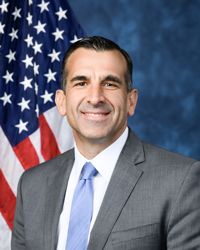
Sponsor
-
TrackJake Auchincloss

Co-Sponsor
-
TrackNanette Diaz Barragán

Co-Sponsor
-
TrackNikki Budzinski
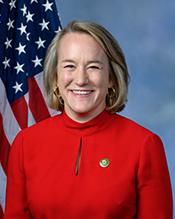
Co-Sponsor
-
TrackJanelle Bynum

Co-Sponsor
-
TrackAndré Carson
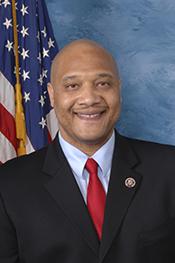
Co-Sponsor
-
TrackSarah Elfreth

Co-Sponsor
-
TrackJohn Garamendi

Co-Sponsor
-
TrackRobert Garcia
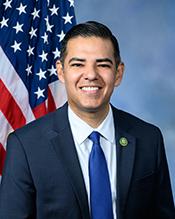
Co-Sponsor
-
TrackDaniel S. Goldman
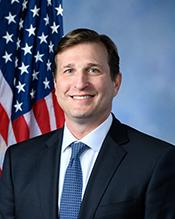
Co-Sponsor
-
TrackRaúl M. Grijalva

Co-Sponsor
-
TrackRo Khanna

Co-Sponsor
-
TrackTed Lieu
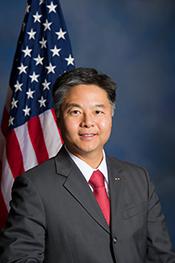
Co-Sponsor
-
TrackKelly Morrison

Co-Sponsor
-
TrackKevin Mullin
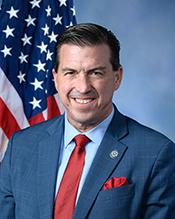
Co-Sponsor
-
TrackEleanor Holmes Norton

Co-Sponsor
-
TrackJohnny Olszewski
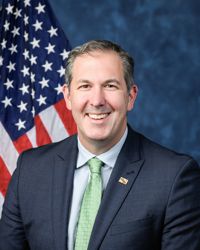
Co-Sponsor
-
TrackJimmy Panetta
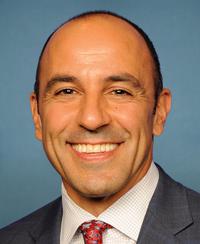
Co-Sponsor
-
TrackScott H. Peters

Co-Sponsor
-
TrackBrittany Pettersen
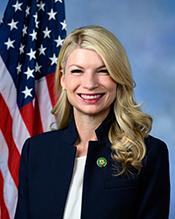
Co-Sponsor
-
TrackMike Quigley

Co-Sponsor
-
TrackAdam Smith
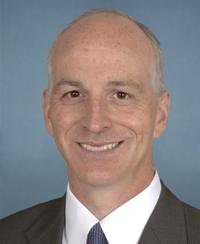
Co-Sponsor
-
TrackDarren Soto

Co-Sponsor
-
TrackEric Swalwell
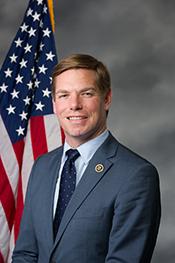
Co-Sponsor
-
TrackShri Thanedar
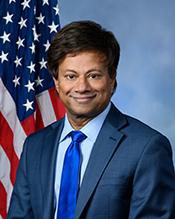
Co-Sponsor
-
TrackRashida Tlaib

Co-Sponsor
-
TrackNorma J. Torres
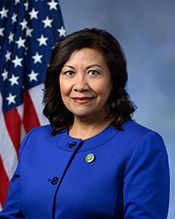
Co-Sponsor
-
TrackSylvester Turner

Co-Sponsor
-
TrackJuan Vargas
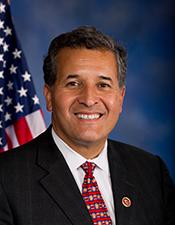
Co-Sponsor
Actions
3 actions
| Date | Action |
|---|---|
| Feb. 27, 2025 | Introduced in House |
| Feb. 27, 2025 | Referred to the Committee on Oversight and Government Reform, and in addition to the Committees on the Judiciary, and House Administration, for a period to be subsequently determined by the Speaker, in each case for consideration of such provisions as fall within the jurisdiction of the committee concerned. |
| Feb. 27, 2025 | Sponsor introductory remarks on measure. (CR H893) |
Corporate Lobbying
0 companies lobbying
None found.
* Note that there can be significant delays in lobbying disclosures, and our data may be incomplete.
Potentially Relevant Congressional Stock Trades
No relevant congressional stock trades found.